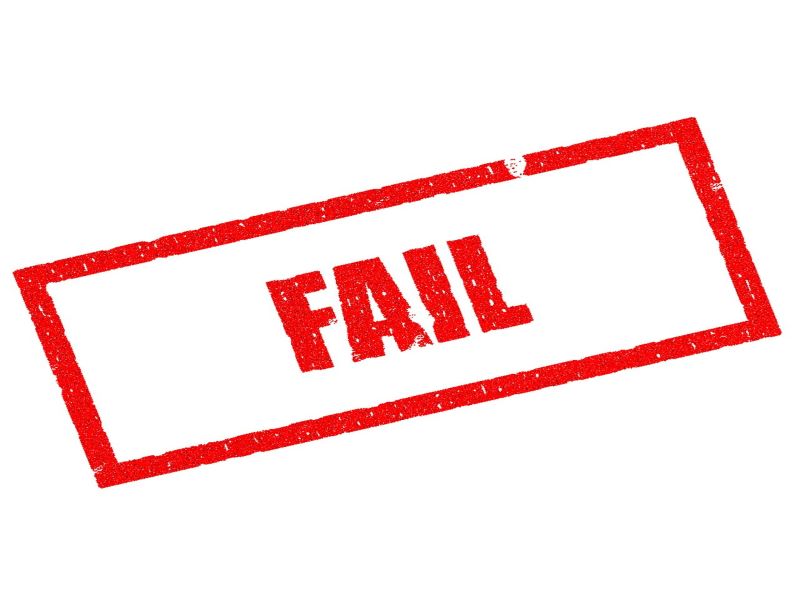Are You Allowed To Repeat Your CDL Physical Exam If You Fail?
You have done everything right: found a certified examiner, hydrated, avoided caffeine and tobacco before your appointment, brought your medications, and disclosed your pertinent medical history. You never expected to have a problem. But then, something goes wrong, and the examiner fails you. You’re spiraling, worried you are going to lose your job. If you are in a safety-sensitive career and are a commercial driver, you must get a Department of Transportation (DOT) physical for your job. Can you get a second opinion?
Yes, But Don’t Doctor Shop
Per the Federal Motor Carrier Safety Administration (FMCSA), you can get a second opinion from a different examiner. However, you must give an entire and honest medical history. You cannot opt to leave information out that may have impacted the first doctor’s assessment. If you fail again, you cannot keep visiting providers until you find one more lenient or less thorough that will pass you. This is considered doctor shopping.
Both withholding medical information and doctor shopping are illegal and will get you in hot water. While you may want to be sneaky and get away with it, you will only have a short-term victory. DOT medical examiners must report your physical and the information you provided to the FMCSA. So, they will know exactly how many practitioners you have visited and if you omitted any pertinent information to get your clearance. The FMCSA will not hesitate to revoke your medical certificate.
Be Aware of Potentially Exclusionary Health Conditions
Before your physical, you should be aware of any health conditions you may have that could be problematic. These health problems include:
- Certain Heart Conditions
- Epilepsy or Seizure Disorders
- Conditions Requiring Oxygen Support
- Inner Ear Diseases
- Conditions Causing Loss of Consciousness
- Hearing or Vision Loss
- Uncontrolled Diabetes or Blood Pressure
- Untreated Sleep Apnea
- Large, Unrepaired hernias
You may need to bring medical records or letters from your family doctor or specialist to your DOT physical if you have one of these conditions. Read more about the health concerns that can affect your physical and what you will need to prepare for them here.
Your Personal Role and Responsibility
Even if you pass your physical with an ongoing health issue, you are responsible for reporting worsening conditions that could jeopardize your driving. You may need to stop driving commercially, get treatment, and repeat your DOT physical. This type of responsibility ensures your safety and that of everyone else on the road.
There Are Some Gray Areas
DOT medical examiners are all required to undergo the same training, but there are still some areas up to the discretion of the provider. For example, you didn’t stand up straight when they recorded your height and you stood on the scale with your heavy work boots. Then, you report that your wife sometimes says you snore. Examiners will understandably be concerned that you are at risk for sleep apnea with the information they have gathered.
However, one examiner could be cautious and insist on additional testing to rule out sleep apnea before clearing you to drive. Another examiner may ask a few more questions and realize you only snore when your seasonal allergies are acting up. They may decide to pass you without any further testing. With the same information, two doctors can handle the situation in different manners.
The FMSCA doesn’t consider it doctor shopping if you have provided the same information and allowed them to make the safety call. One may be overly conservative, while the other may be more middle of the road.
If you have found fault with your medical examination and want to contest their decision, the FMCSA does allow you to submit proof to show why the initial medical specialist’s decision is unacceptable. Refer to 49 CFR 391.47 for further clarification and guidance.
FMCSA Certified Medical Examiners Are More Competent
If you used to get DOT physicals and are just starting a job that requires them again, you might find the examiners are more strict in your eyes. Since the introduction of the National Registry of Certified Medical Examiners (NRCME) in 2014, practitioners are more informed. They must undergo standardized training on the regulations and rules for medical examinations and pass a certification exam. This leads to examiners who are competent and skilled at screening potential drivers for health and safety issues.
Unless you take multiple medications or have health conditions brewing, you are likely to have quick and unencumbered evaluations. When health issues do come up, try to remember that examiners aren’t out to get you or trying to get you in trouble. They are an extension of the FMCSA, and your physical is one of the only face-to-face interactions they have with potential drivers before they get out on the road. Their job is to ensure public safety, reducing road accidents and collisions.

